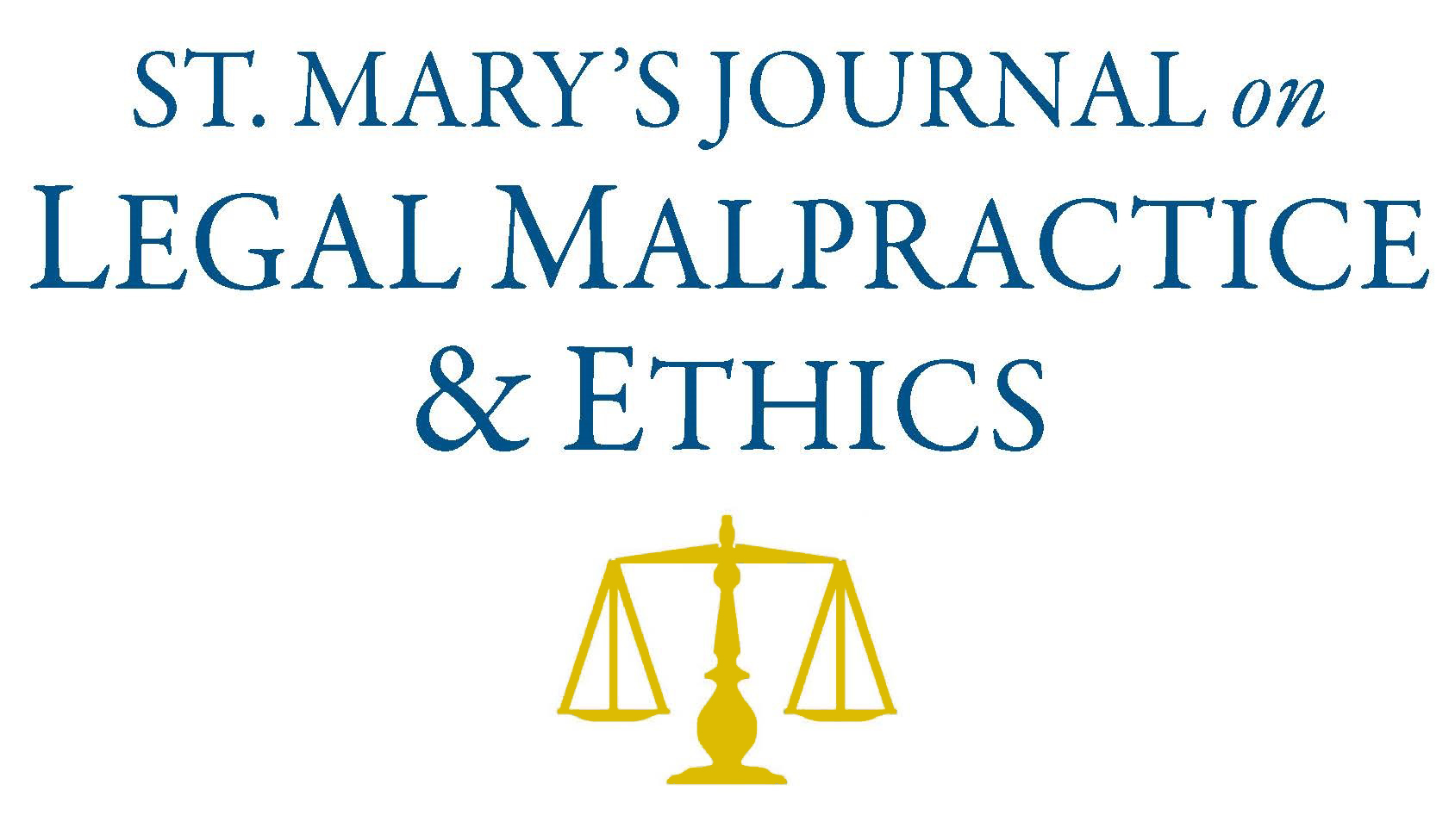
First Page
318
Date Created
1-1-2014
Publisher
St. Mary's University School of Law
Editor
Elizabeth Germano
Last Page
373
Abstract
This Article begins by proposing a distinction between the corporate lawyer’s “internal” and “external” gatekeeping role in order to focus on the special challenge posed by the former. As internal gatekeeper, the corporation lawyer is charged with the restraint of the corporation’s executives and other employees to prevent harm to the lawyer’s corporation client. The external gatekeeper, by contrast, restrains the client to prevent harm to third parties. While each gatekeeping role presents challenges in defining the duties and liability of attorneys, the internal-gatekeeping role is subject to a special defense that can insulate attorneys from liability. Attorneys can interpose an in pari delicto defense to corporation claims for malpractice, arguing that knowledge of the executive’s wrongdoing should be imputed to the corporation and, as a result, the latter should be barred from recovery because it is “equally or more culpable” than the failed attorney gatekeeper. To date, courts have struggled to determine when executive wrongdoing should be imputed to the corporation, and whether and how to craft exceptions to accommodate the divergent goals of holding corporations accountable for their agents’ wrongdoing, while incentivizing lawyers to perform properly as internal gatekeepers. This Article proposes what it terms the “gatekeeper-imputation” exception to the general rule that knowledge of the executive’s wrongdoing should be imputed to the corporation when attorneys seek to interpose an in pari delicto defense to allegations of malpractice by a corporate client. When the law firm has expressly or impliedly assumed an obligation to identify or report employee wrongdoing, then information that would have been discovered had the law firm fulfilled that obligation, should not be imputed to the corporation for purposes of the in pari delicto defense. Whether the attorney has assumed a gatekeeping role, in turn, should be informed by the express agreements of the corporation and law firm, and in the absence of such agreement, the ethical and statutory gatekeeping duties typically imposed on counsel. The proposed standard will respect the normative basis for imputation, while optimizing the gatekeeping incentives of the corporation and the law firm.
Recommended Citation
Kevin H. Michels,
The Corporate Attorney as “Internal” Gatekeeper and the In Pari Delicto Defense: A Proposed New Standard,
4
St. Mary's J. on Legal Malpractice & Ethics
318
(2014).
Available at:
https://commons.stmarytx.edu/lmej/vol4/iss1/8
Included in
Law and Society Commons, Legal Ethics and Professional Responsibility Commons, State and Local Government Law Commons

